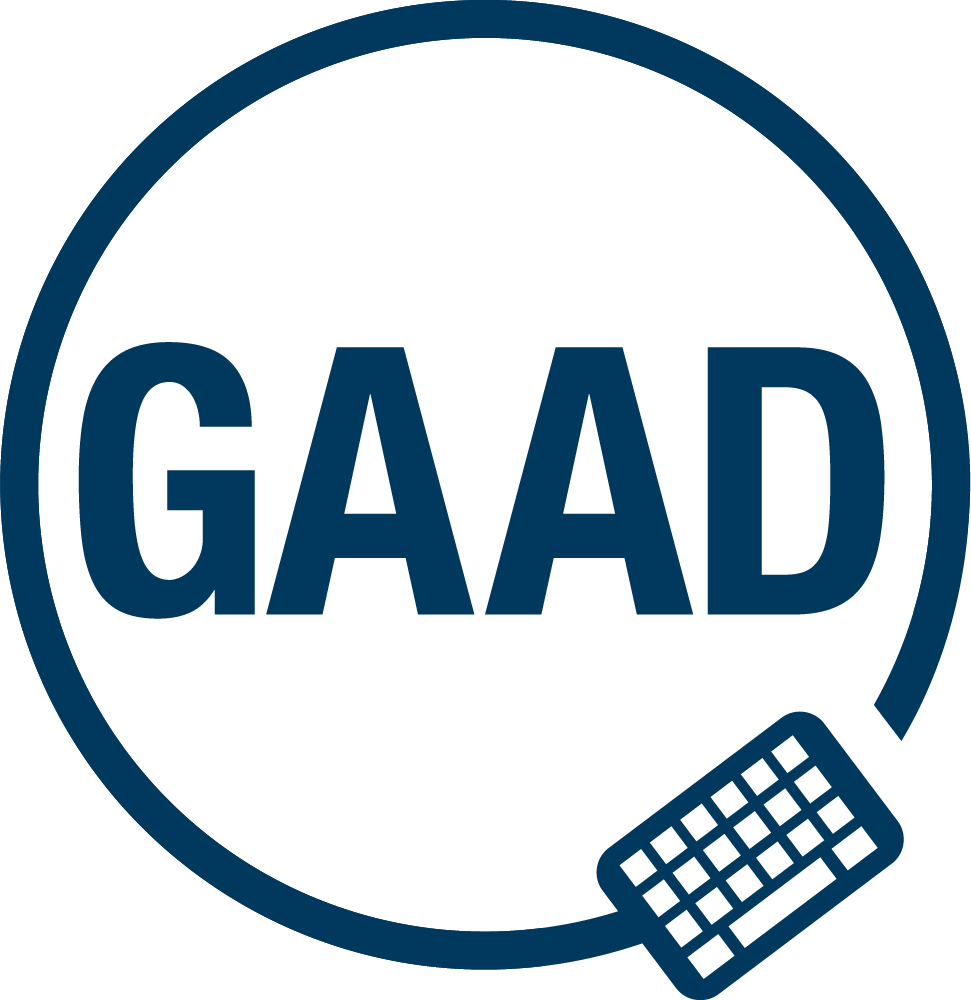Blog
Celebrating Global Accessibility Awareness Day with ADAPT
- Charlie Silva, Ph.D.
- Johan Rempel, UXC, CATIS
Global Accessibility Awareness Day (GAAD) is an opportunity to reflect on how far we’ve come – and how far we still need to go – in making digital resources accessible to everyone. At the Weiss Center, accessibility is not a feature added on at the end; it’s a foundational value, integrated from the beginning.
Individuals with Disabilities Education Act (IDEA) data is a critical tool for informing educational decisions at both the individual and systems levels. Having access to this data helps people to identify what’s working, where challenges remain, and how to continuously improve. For data to fulfill its potential, it must be usable and accessible to everyone – families, educators, administrators, and policymakers alike.
What does it mean to make IDEA data truly accessible?
It means designing reports and data tools that everyone can navigate and use, regardless of ability. Accessibility must be embedded from the outset of any design or implementation project. Otherwise, it's relegated to an afterthought – and too often, the needs of individuals with disabilities are excluded.
This year marks the 14th anniversary of GAAD. The Weiss Center honors this day by reaffirming our commitment to accessible and usable digital systems that reflect our collective values. One way we achieve this is through the Accessible Data Analysis and Publishing Tool or ADAPT – a new tool developed to help states improve the accessibility of their IDEA data reports.
ADAPT goes beyond Section 508 compliance toward best practice, aligning with the Web Content Accessibility Guidelines (WCAG) 2.2. It provides customizable templates for Part C and Part B IDEA reporting – such as child count, dispute resolution, and more – designed to ensure full accessibility and usability, regardless of an individual’s sensory or cognitive abilities. Key benefits of ADAPT for educational agencies includes:
- Increased efficiency and rigor in compliance reporting
- Shared, open-source technology with continued enhancements
- Enhanced collaboration through cross-state comparisons
The Weiss Center grounds its work in four guiding principles
- Accessibility Driven: Designing for access from the start to maximize impact.
- Capacity Focused: Building sustainable infrastructure in states and territories.
- Tools Empowered: Using innovative technology to make data dynamic and useful.
- Continuously Improving: Gathering user feedback to refine tools and services.
Accessibility isn’t just a technical requirement – it’s about a cultural shift towards better understanding the needs of everyone and empowering communities. When everyone can access IDEA data, we all have a seat at the table to engage, plan, and lead. We invite you to learn more about Global Accessibility Awareness Day and explore how ADAPT can support your accessibility goals. Contact the Weiss Center for a demonstration of ADAPT – and join us in making data accessible for everyone.

